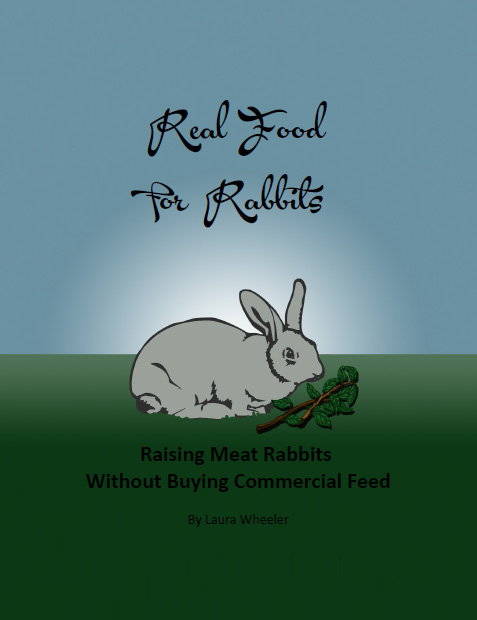Incredible Edible Pigeon Egg
I Googled "eat pigeon eggs", and the responses were actually quite funny. People were asking if pigeon eggs were edible, and the answers were hilarious. Like a Pigeon egg might be something other than an egg. As though it were something like the mysterious berries on that bush in the back yard of the house you just rented, which you can't identify, which may or may not be poisonous!
Eggs are eggs! They vary slightly in taste, texture, color, and clarity, but eggs are eggs! If it comes from a bird, it is edible - including Ostrich, Emu, Turkey, Goose, Quail, Partridge, Peacock, Guinea Fowl, Kiwi, and any other odd ducks you can think of! (No worries, we do not have "'Owon" eggs, such as Riker served to his guests, and which only Worf enjoyed, on the Star Trek TNG episode "Time Squared".)
We have shifted so far from our natural roots that we no longer remember that humanity thrived eating Pigeon Eggs for thousands of years. They are, in fact, still a prized delicacy in many cultures around the world, much as Quail eggs.
Pigeon eggs are larger than Quail eggs. Closer to Bantam eggs. Most people who substitute Quail eggs in recipes now don't even realize that, it has been so long since Pigeon eggs were readily available.
The egg white is clearer when cooked than chicken eggs, and has a more rubbery texture. There are recipes for Chinese food which call for Pigeon eggs. They can also be used like... oh... I don't know... EGGS! In any recipe.
It takes between 2 and 3 Pigeon eggs to substitute for a large size chicken egg. Part of that depends on the breed of Pigeon. Pigeons, like chickens, come in different sizes, and (shocking, I know), so do their eggs!
Now, let's reason for a minute, and delve into a little history.
In earlier times, Pigeons were domesticated by providing Pigeon nesting sites (just Google "dovecote" to see examples). Those sites were provided in a way that a person could use a ladder to rob the nests for squabs and eggs. Pigeons are relatively friendly, unafraid of people, and won't be driven off by eggs disappearing from their nests like some birds.
Pigeons were easy to keep, because they would fly out each day and meet their own needs for food and water. The keeper only needed to do a bit of cleanup periodically, and if they wanted to stabilize the flock, they'd provide a little supplemental feed during times of scarcity of natural forage. In this way, you could keep a fairly large flock with relatively little work. In fact, gathering eggs and squabs would take more time in a large flock than caring for the birds.
Pigeons were NOT just kept for meat. They were valued for their eggs just as much as their meat. Like most birds, if you take away a few eggs, they'll lay more, and incubate the later ones. Pigeons were also valued for their droppings, which made very rich fertilizer. But that is another topic!
So, if Pigeons were traditionally kept for egg production, and if Pigeon eggs are now still considered to be a delicacy in Asian cultures, it stands to reason that Pigeon eggs are not only edible, but WE are the weird ones for having to ask if they are safe to eat!
The only Pigeon eggs that would be suspect may be those which are fed on a diet of unhealthy food - such as fast food or grains from treated fields.
Otherwise, if anyone asks you if Pigeon eggs are edible, just tell them, "Of course, silly!", and finish your Pigeon egg salad sandwich (with Dill, of course).
Click to Download Your Free Heritage Pickling and Culturing e-Book Now!
Instant Download, NO Registration Required!






